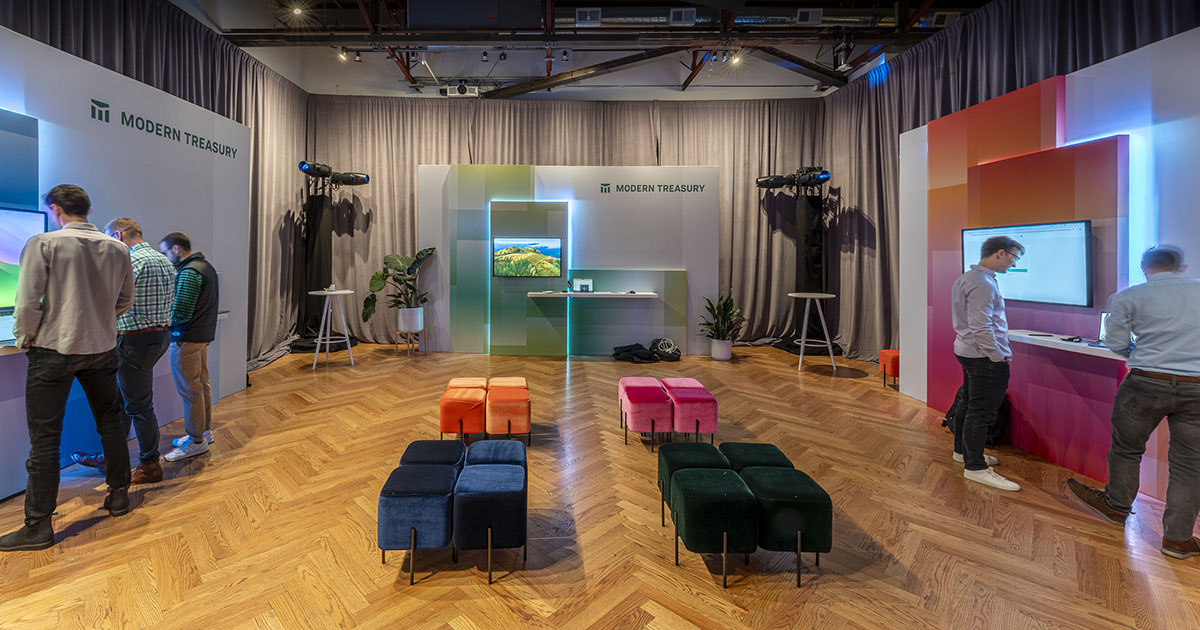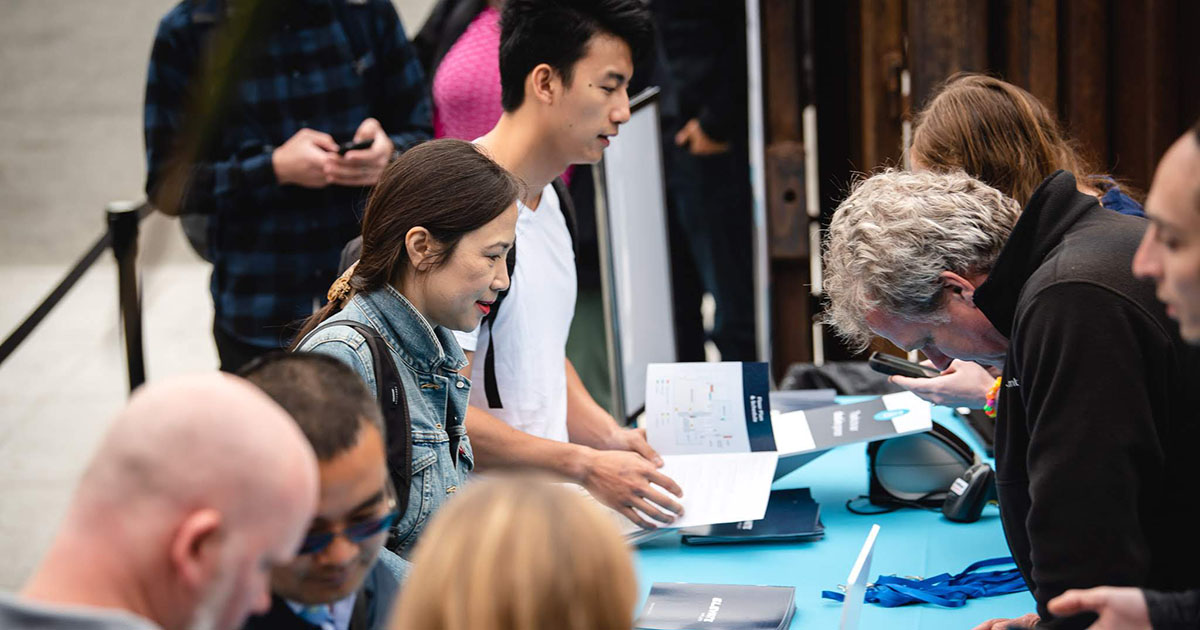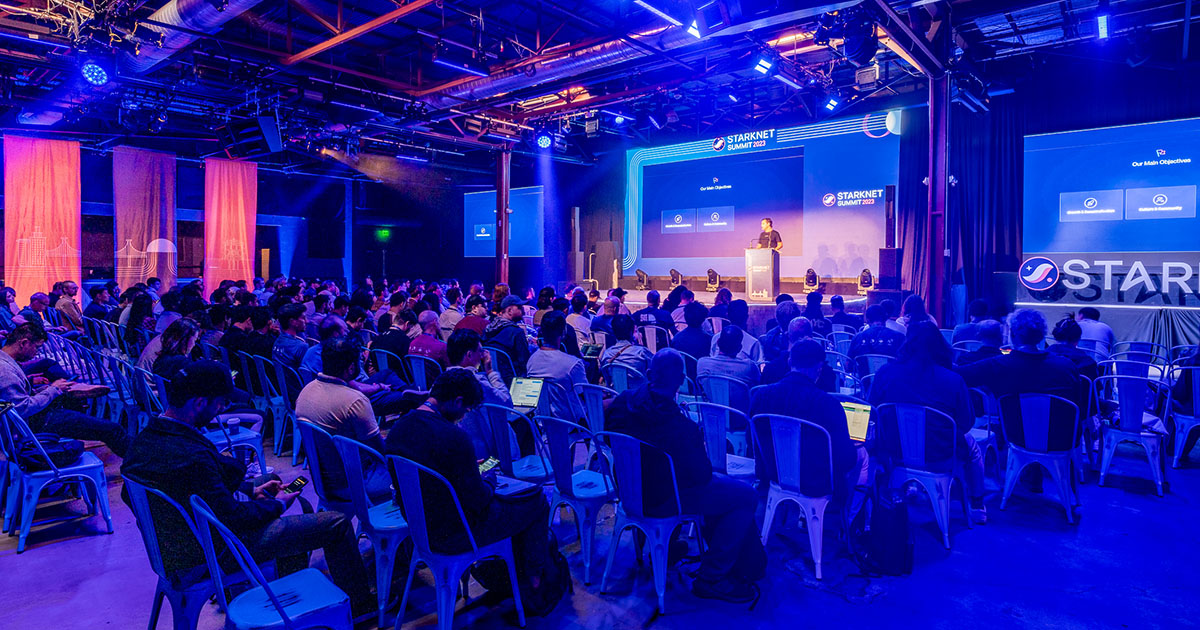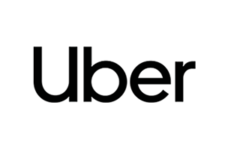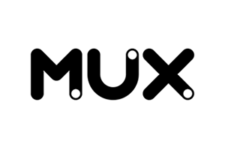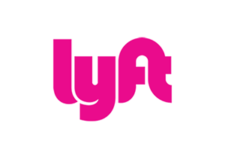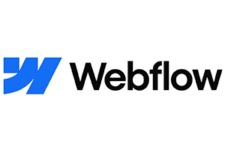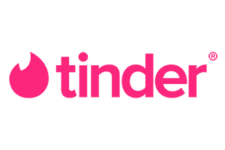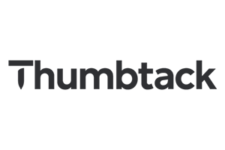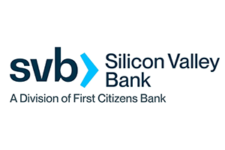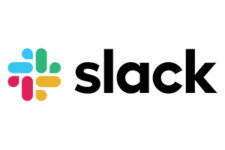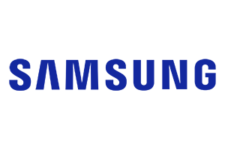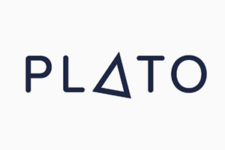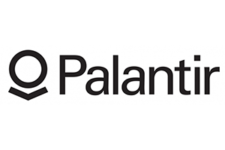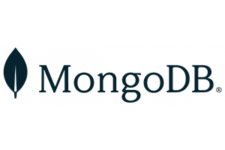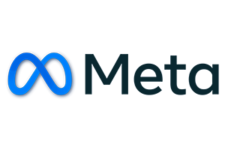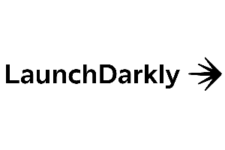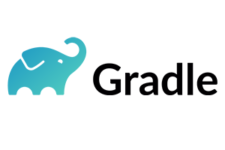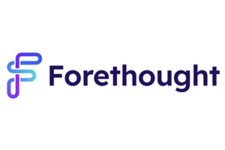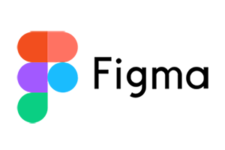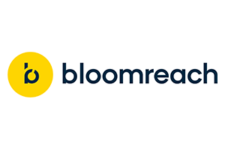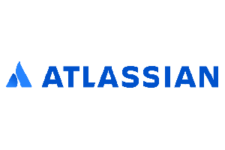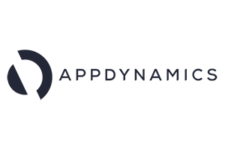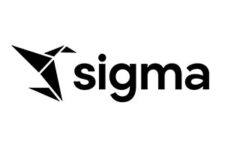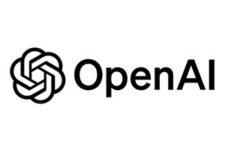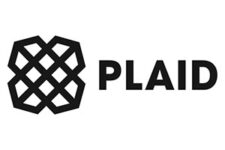AI-Powered Event Management Tools
San Francisco, CA | Updated: 10/11/2024
AI-Powered Event Management Tools: Enhancing Corporate Event Planning
Artificial Intelligence (AI) continues to revolutionize event planning, providing advanced tools that streamline event management and elevate the attendee experience. These AI-powered tools improve efficiency, deliver personalized experiences, and empower data-driven decisions. In this article, we explore updated AI-powered event management platforms, how they are transforming corporate events, and the latest trends shaping the future of event planning.
Updated Overview of AI-Powered Event Management Tools
1. Eventbrite
Features: Eventbrite uses AI to suggest optimal event times and dates based on historical and industry data. AI-powered marketing tools enhance targeted promotions.
Benefits: Increased attendance through intelligent scheduling, enhanced event visibility, and more efficient marketing strategies.
2. Cvent
Features: Cvent offers AI-driven attendee tracking, automated check-in via OnArrival, and real-time analytics for event performance.
Benefits: Streamlined registration processes, personalized attendee experiences, and actionable insights for better decision-making.
3. Bizzabo
Features: Bizzabo uses AI for matchmaking, event personalization, and performance analytics. It also supports virtual and hybrid event formats.
Benefits: Improved networking opportunities, deeper engagement through personalization, and comprehensive event insights.
4. Boomset
Features: Boomset offers AI-powered facial recognition for fast check-ins, session tracking, and real-time reporting for in-person events.
Benefits: Faster check-ins, improved attendee tracking, and more precise data for evaluating event success.
5. Grip
Features: Grip leverages AI to enhance networking through smart matchmaking and attendee engagement analytics.
Benefits: More meaningful networking experiences, increased attendee satisfaction, and data insights for event improvements.
Case Studies and Real-World Applications
1. Tech Conference with Eventbrite
Scenario: A tech conference used AI to optimize its scheduling and targeted marketing campaigns.
Results: 20% increase in attendance, with higher engagement driven by AI-targeted audience segments.
2. Corporate Summit with Cvent
Scenario: A corporate summit used Cvent’s OnArrival for automated check-ins and real-time analytics to track session engagement.
Results: Reduced wait times by 50% and improved attendee satisfaction through real-time session adjustments.
3. Networking Event with Bizzabo
Scenario: Bizzabo’s AI-powered matchmaking connected attendees based on shared interests, leading to more personalized experiences.
Results: Attendees reported a 30% increase in valuable connections, with AI-based recommendations leading to higher session engagement.
Key Benefits of AI-Powered Event Management Tools
1. Automation and Efficiency
Impact: AI automates tasks such as check-ins, marketing, and real-time analytics, freeing planners to focus on strategic decisions.
Example: Automated check-ins through AI tools reduce manual labor and errors.
2. Personalization and Engagement
Impact: AI analyzes attendee data to create personalized experiences, increasing engagement and satisfaction.
Example: Tailored session recommendations and matchmaking boost attendee involvement and networking success.
3. Data-Driven Decision Making
Impact: AI-powered tools provide real-time insights, allowing event planners to make informed decisions during and after the event.
Example: Analytics from platforms like Cvent or Grip allow for quick adjustments to schedules or sessions, enhancing the overall experience.
4. Cost Savings
Impact: Automation reduces resource use, helping planners save costs while delivering high-impact experiences.
Example: AI-driven marketing tools optimize promotional strategies, leading to better ROI and reduced manual efforts.
Latest AI Trends in Event Management
1. Generative AI
AI-driven content creation is streamlining event communication, from emails to social media posts. Generative AI tools can automate content production, ensuring cohesive messaging throughout the event lifecycle.
2. AI in Virtual and Hybrid Events
With more events going virtual or hybrid, AI tools are enhancing remote engagement, personalizing virtual experiences, and synchronizing in-person and digital interactions.
3. AI and Sustainability
AI tools are also being used to optimize event resources, reducing waste by forecasting attendee numbers and optimizing logistics for a more sustainable event model.
Real-World Examples of AI in Action
1. IBM Think Virtual Event
IBM’s virtual event utilized AI to personalize content recommendations and drive networking opportunities. The result was higher engagement and positive feedback due to AI-curated experiences.
2. Web Summit Hybrid Event
Web Summit successfully bridged the gap between in-person and virtual attendees using AI to synchronize content and enhance networking across both formats. Attendee feedback praised the unified event experience.
Learn More: AI in Event Planning Series
In the next article, we will delve deeper into AI-driven marketing strategies to enhance attendee engagement, optimize promotional efforts, and provide valuable insights through data analytics.
RELATED CONTENT

